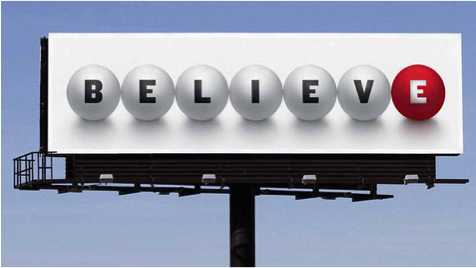Ever wonder why you keep playing the lottery? Perhaps you have a mountain of debt you wish you could clear. Maybe you just want to spend the next 50 years lying on a beach with a cocktail in your hand.
Whatever your predicament, the current estimated EuroJackpot is sitting on a very attractive amount of €30 million.
According to a human behavior expert, Dr Wendy Walsh, we all have a Cinderella complex – that there’s a fairy godmother who’s going to come in and save us. The chances of winning the jackpot in most lotteries are about one in 175 million. People love to have a rescue fantasy, which is why we keep playing week in and week out.

We are all in love with hope.
Lottery-itis is a term coined by a Psychology expert, Dr. Stephen Goldbart. He noted that the two main reasons why people buy tickets is because jumping on the bandwagon is an age-old motivator of phsychological behavior. We all want to be with the in-crowd, be part of the movement and not suffer from FOMO (fear of missing out).
Secondly, our behavior stems from a sense of disempowerment that comes with change – whether it’s a changing economy or a changing world. The lottery allows us to believe in magic: that we could be the one who spent a little and got a lot and that we managed to defy the extraordinary odds against winning the jackpot.
The low cost of a lottery ticket just so happens to be one of the most seductive things about it. Sure the odds are staked high against us, but you can’t win the lottery if you don’t play. Whether you suffer from Lottery-itis or not, our pleasure of living is not only based on our current situation, but what could be, what we can imagine our situation could become.
We are optimistic and believe in our fairy-tale ending even if it takes a little magic with six numbers.





